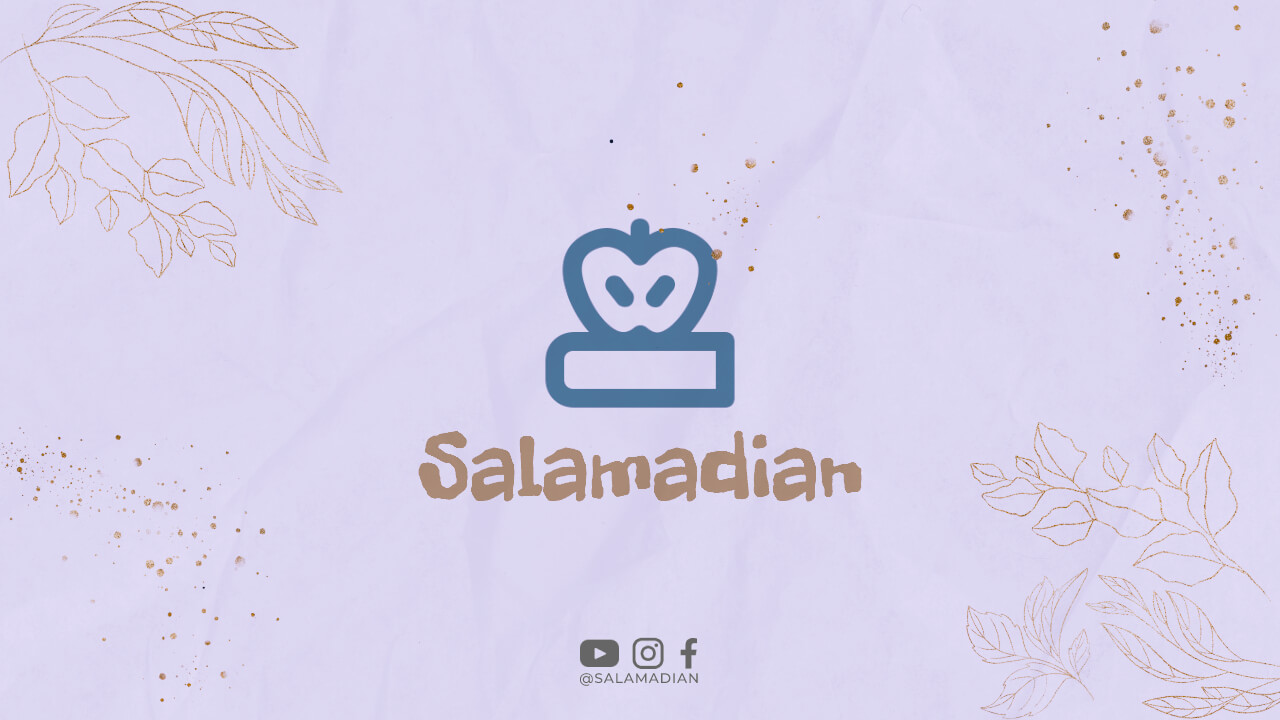Mortgage discharges and final reports to lenders are important documents that signify the end of a mortgage agreement between a borrower and a lender. Mortgage discharges are legal documents that prove that a mortgage has been paid off in full, while final reports to lenders are documents that provide a detailed breakdown of the mortgage account and the payments made over the life of the loan. In this article, we will discuss the importance of mortgage discharges and final reports to lenders, as well as the process for obtaining them.
What is a Mortgage Discharge?
A mortgage discharge is a legal document that proves that a mortgage has been paid off in full. This document is typically prepared by the lender or the borrower’s attorney and filed with the county clerk or recorder’s office where the property is located. In some cases, the lender may also send a copy of the mortgage discharge to the borrower for their records. Once the mortgage discharge has been filed, it serves as proof that the mortgage has been satisfied and that the borrower now has clear title to the property.
Why is a Mortgage Discharge Important?
A mortgage discharge is important because it serves as proof that the mortgage has been paid off in full. Without a mortgage discharge, the borrower may have difficulty selling or refinancing the property in the future. This is because a mortgage lien may still appear on the property title, even though the mortgage has been paid off. By obtaining a mortgage discharge, the borrower can ensure that they have clear title to the property and can sell or refinance it without difficulty.
How to Obtain a Mortgage Discharge
The process for obtaining a mortgage discharge varies depending on the state and county where the property is located. In general, however, the borrower or their attorney will need to prepare a mortgage discharge document and file it with the county clerk or recorder’s office where the property is located. The borrower may also need to pay a fee to file the mortgage discharge. Once the mortgage discharge has been filed, the borrower should receive a copy for their records.
What is a Final Report to Lenders?
A final report to lenders is a document that provides a detailed breakdown of the mortgage account and the payments made over the life of the loan. This document is typically prepared by the lender and sent to the borrower after the mortgage has been paid off in full. The final report to lenders will include information such as the original loan amount, the interest rate, the term of the loan, and the total amount paid over the life of the loan.
Why is a Final Report to Lenders Important?
A final report to lenders is important because it provides the borrower with a detailed breakdown of the mortgage account and the payments made over the life of the loan. This information can be useful when applying for future loans or mortgages, as it shows that the borrower has a history of making payments on time and in full. The final report to lenders can also be used to ensure that the borrower has been charged the correct amount for the mortgage and that there are no errors or discrepancies in the mortgage account.
How to Obtain a Final Report to Lenders
The process for obtaining a final report to lenders varies depending on the lender and the type of mortgage. In some cases, the lender may automatically send a final report to lenders once the mortgage has been paid off in full. In other cases, the borrower may need to request a final report to lenders from the lender. To do this, the borrower should contact the lender directly and request a copy of the final report to lenders. The borrower may need to provide proof of identity and ownership of the property.
Conclusion
In conclusion, mortgage discharges and final reports to lenders are important documents that signify the end of a mortgage agreement between a borrower and a lender. Mortgage discharges prove that the mortgage has been paid off in full and that the borrower has clear title to the property, while final reports to lenders provide a detailed breakdown of the mortgage account and the payments made over the life of the loan. To obtain a mortgage discharge or a final report to lenders, the borrower should follow the process outlined by their state and lender. By obtaining these documents, the borrower can ensure that they have clear title to the property and that there are no errors or discrepancies in the mortgage account.

